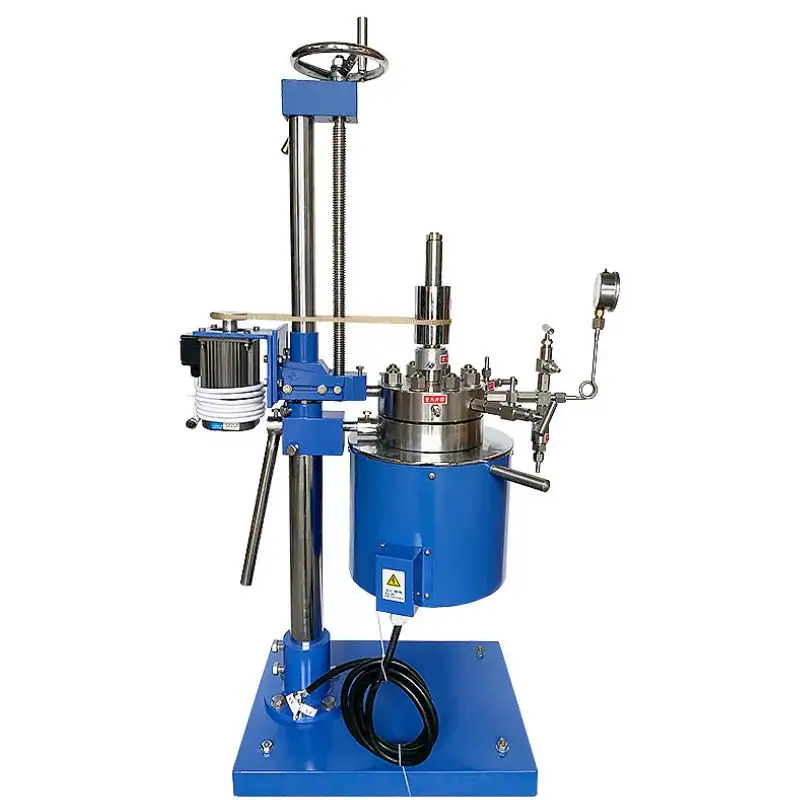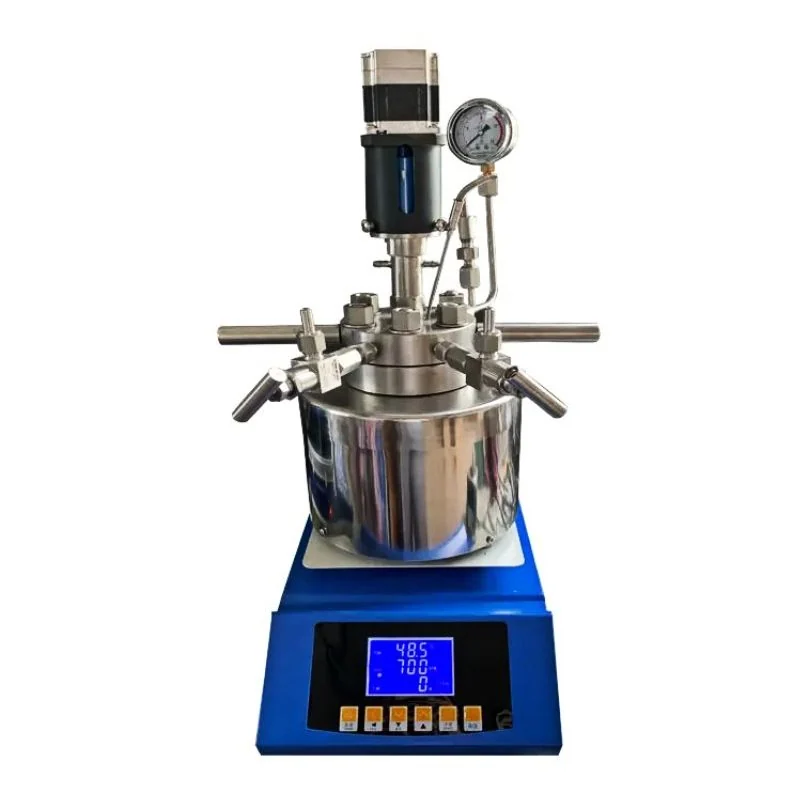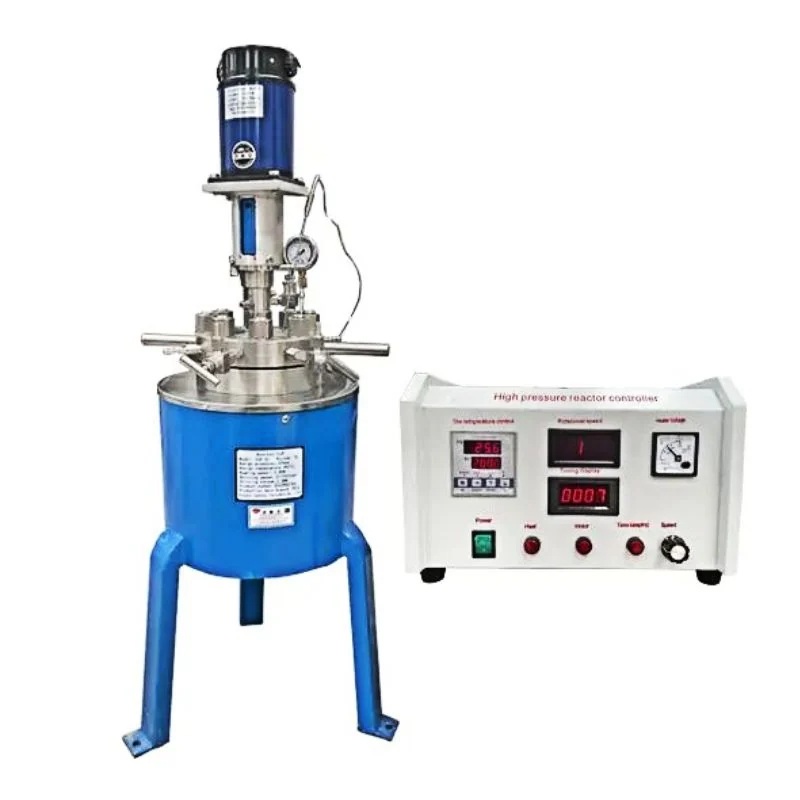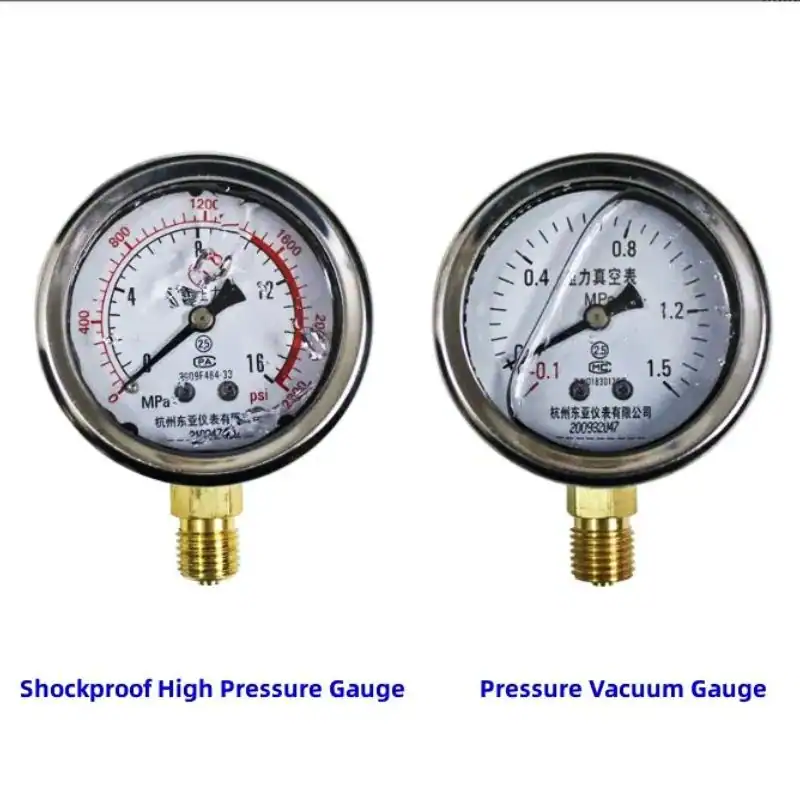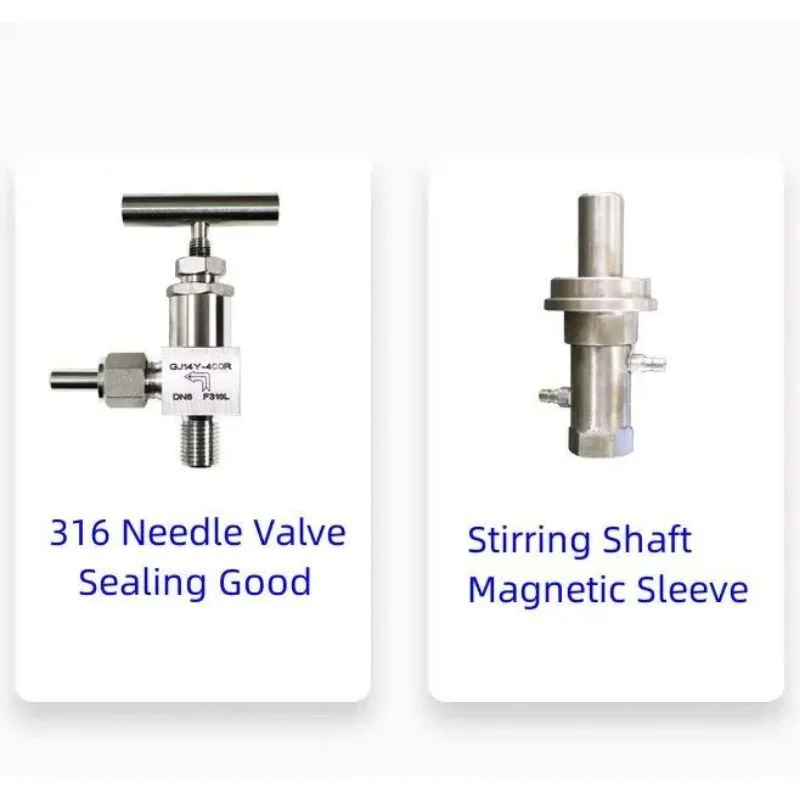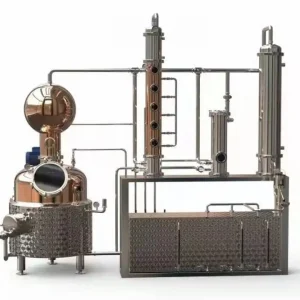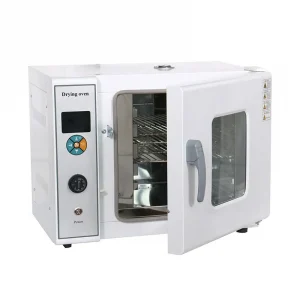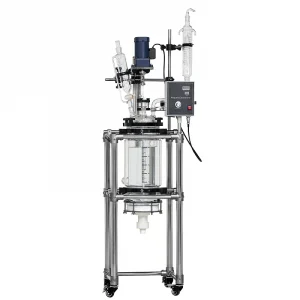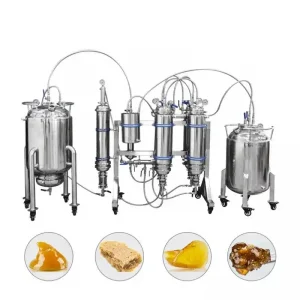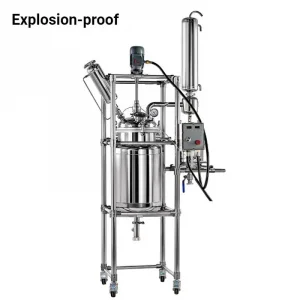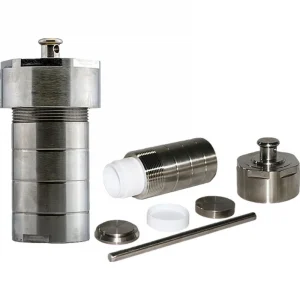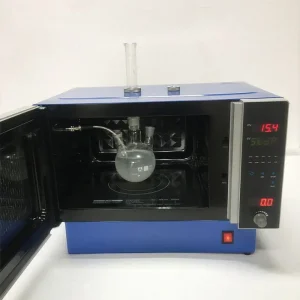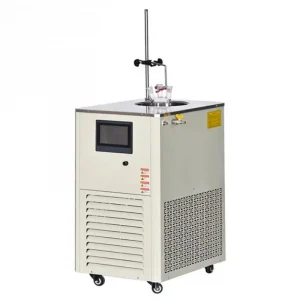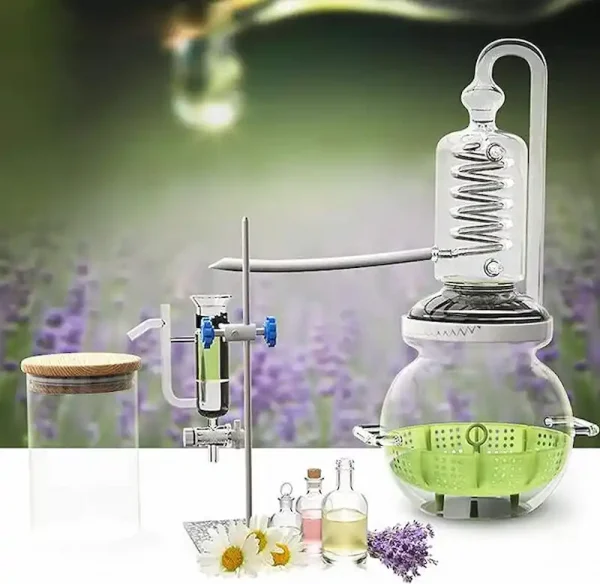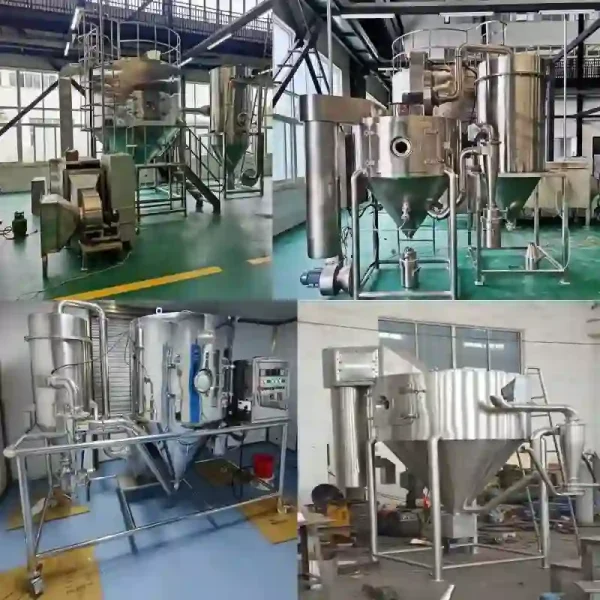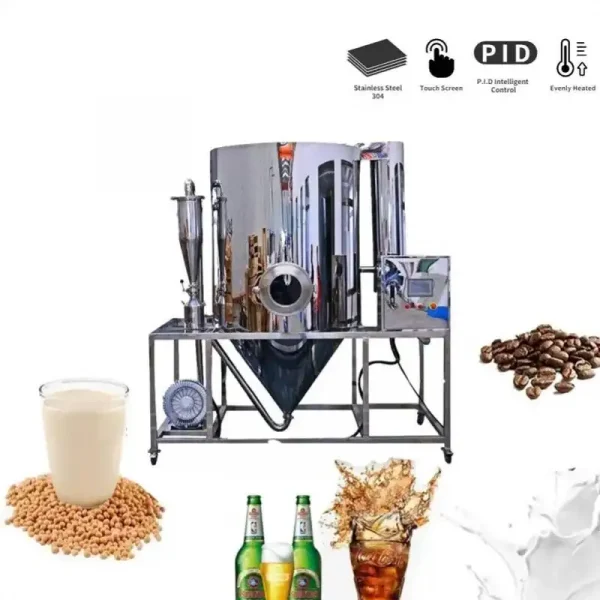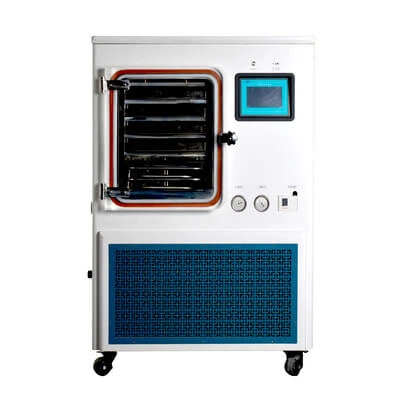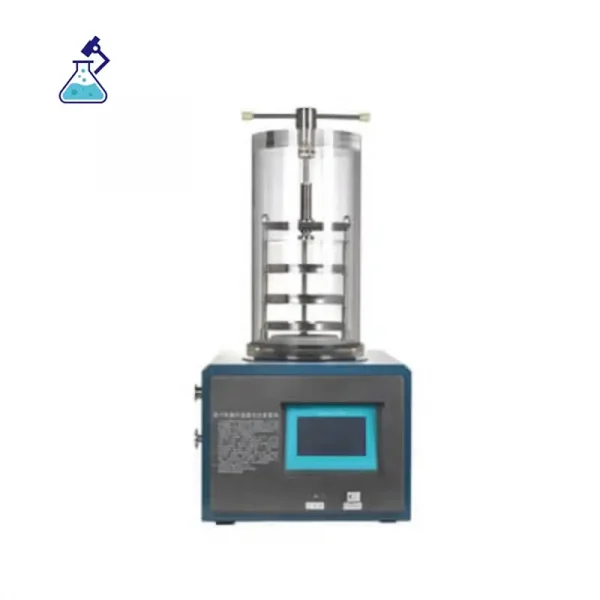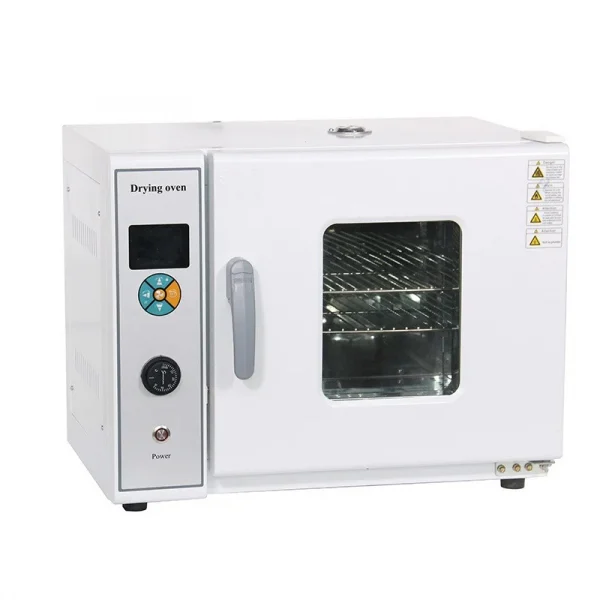Description
Welcome to our High Pressure Reactor product page, where innovation meets performance in the realm of industrial processes. Our cutting-edge High Pressure Reactors are meticulously designed to meet the most demanding requirements of diverse applications. With unrivaled reliability, safety features, and precise control capabilities, our reactors are engineered to optimize efficiency and drive remarkable results.
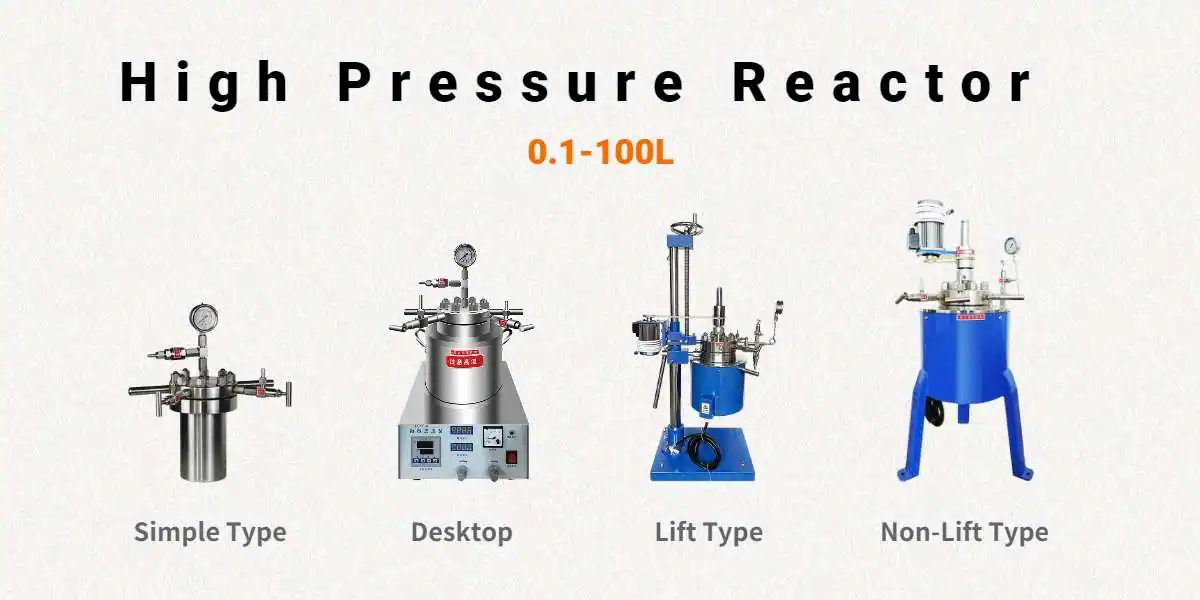
A High Pressure Reactor, also known as a high-pressure vessel or autoclave, is a specialized apparatus that enables chemical reactions to occur under elevated pressures. It offers a controlled environment for processes that require pressure levels exceeding atmospheric conditions. Our High Pressure Reactors are crafted with precision, utilizing top-quality materials and cutting-edge technology.
There are four main types of high pressure reactors:
- Simple type: These reactors have a straightforward design and are commonly used for small-scale experiments and research purposes.
- Desktop type: As the name suggests, these reactors are compact and can be conveniently placed on a laboratory desk. They are suitable for a range of applications and offer ease of operation.
- Lift type: Lift-type reactors are equipped with a lifting mechanism that allows for easy access to the reaction vessel. This feature simplifies the loading and unloading of materials and facilitates efficient cleaning and maintenance.
- Non-lift type: Non-lift high pressure reactors are designed without a lifting mechanism. They are often used for continuous-flow reactions and other specialized applications where lifting is not required.
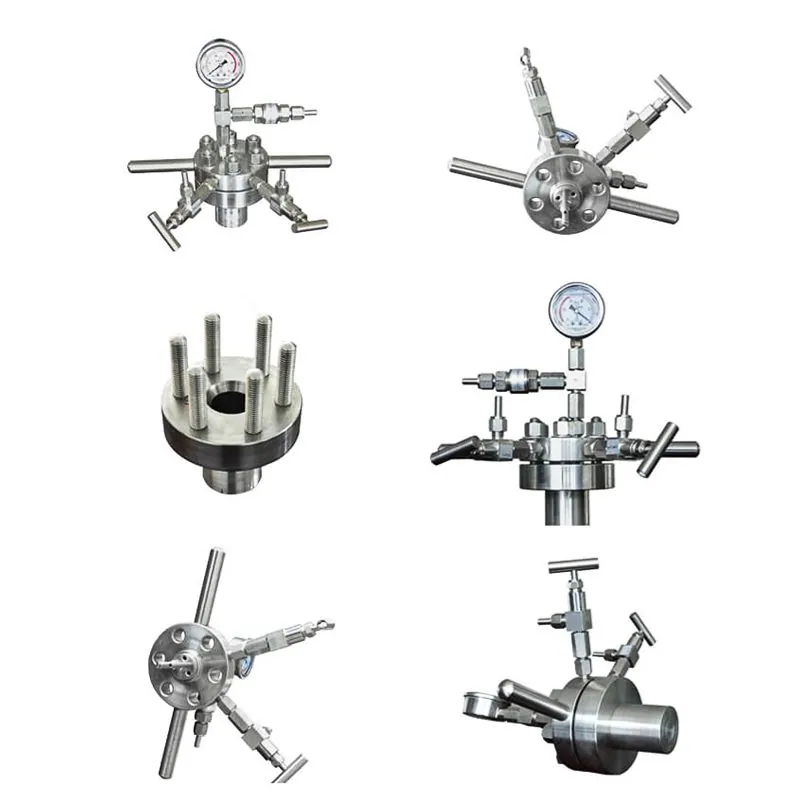
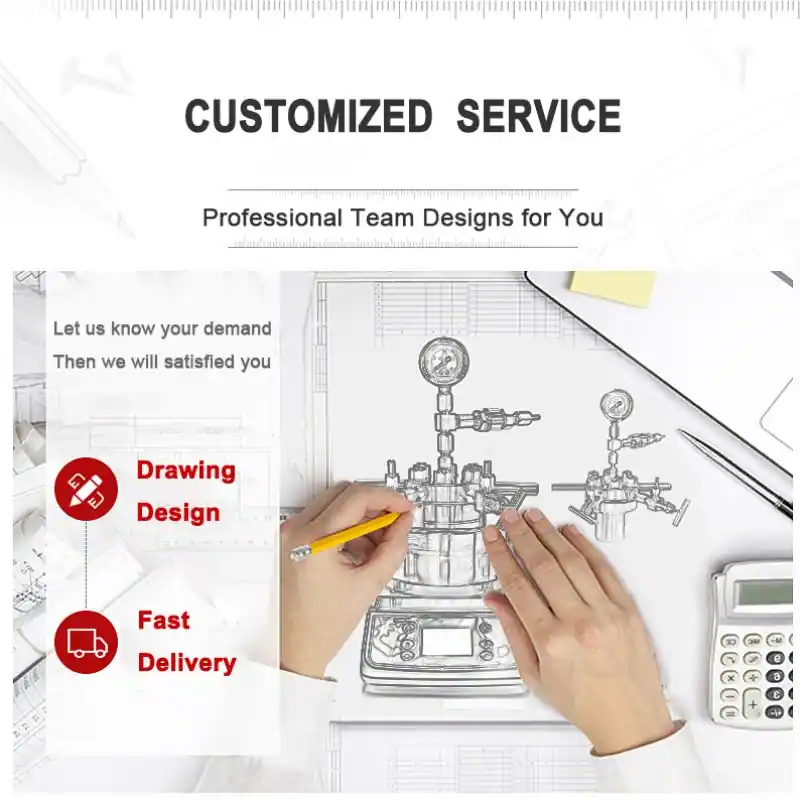
In addition to these reactor types, lab magnetic stirred autoclaves are a commonly used variant. These devices combine stirring and reacting capabilities and are utilized for gas-liquid, liquid-liquid, liquid-solid, or gas-liquid-solid three-phase reactions under high pressure, vacuum, and high temperature conditions. They employ a static sealing structure and a magnetic coupling connection between the agitator and motor drive. By utilizing static seals instead of dynamic seals, these autoclaves ensure thorough mixing with minimal leakage, maintaining an absolute seal throughout the process.
Lab magnetic stirred autoclaves offer the advantage of precise control over the reaction parameters and facilitate efficient heat and mass transfer. They are widely used in various research and development activities where the complete and reliable mixing of components under high-pressure conditions is critical.
These high pressure reactors and lab magnetic stirred autoclaves provide researchers, scientists, and engineers with the means to conduct experiments, optimize processes, and explore new chemical reactions under controlled high-pressure environments. Their robust designs and advanced sealing mechanisms ensure the safety and reliability necessary for demanding applications.
Technical Parameter
| Model | FCF-0.1 | FCF-0.25 | FCF-0.5 | FCF-1 | FCF-3 | FCF-5 | FCF-10 | FCF-20 | FCF-50 |
| Capacity (L) | 0.1 | 0.25 | 0.5 | 1 | 3 | 5 | 10 | 20 | 50 |
| Setting Pressure (MPa) | 22 | ||||||||
| Setting Temperature | 350℃ | ||||||||
| Temperature Control Accuracy | ±1℃ | ||||||||
| Heating Method | General electric heating, others are far-infrared, thermal oil, steam, circulating water, etc. | ||||||||
| Stirring Torque (N. cm) | 120 | ||||||||
| Heating Power (kW) | 0.6 | 0.8 | 1.5 | 2.5 | 4 | 7 | 10 | 12 | |
| Temperature Controller | Real-time display and adjust the speed, temperature, time, with standard PID automatic temperature adjustment meter. | ||||||||
| Working Environment | Ambient Temperature 0~50℃,Relative Humidity 30~80%. | ||||||||
| Voltage (V/Hz) | 220 50/60 |
Discover the transformative capabilities of our cutting-edge High Pressure Reactor, empowering industrial processes with enhanced efficiency and reliability. Experience superior safety and precise control in one advanced solution.
Product Component
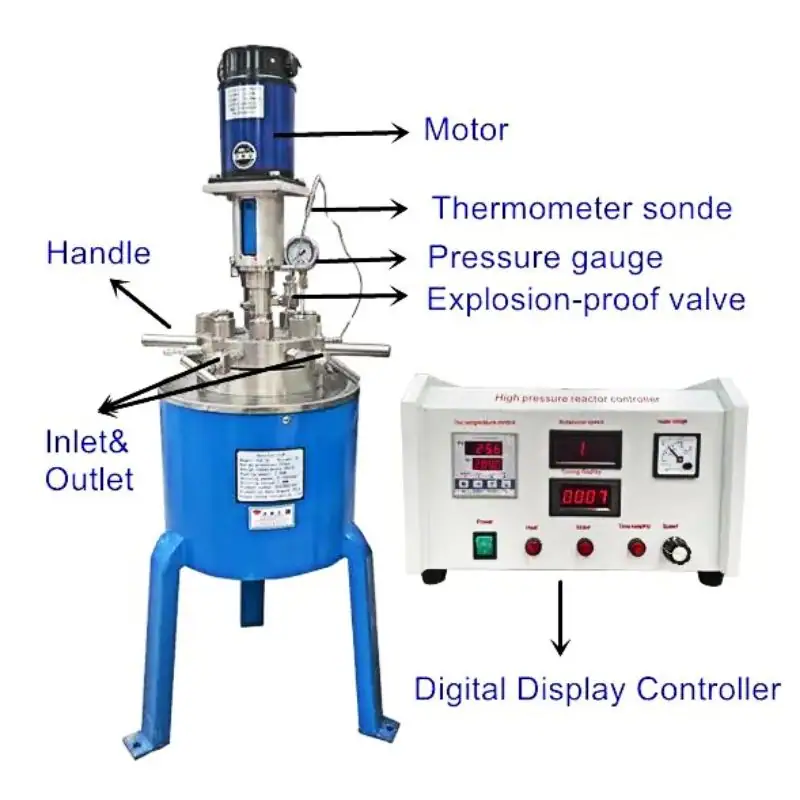
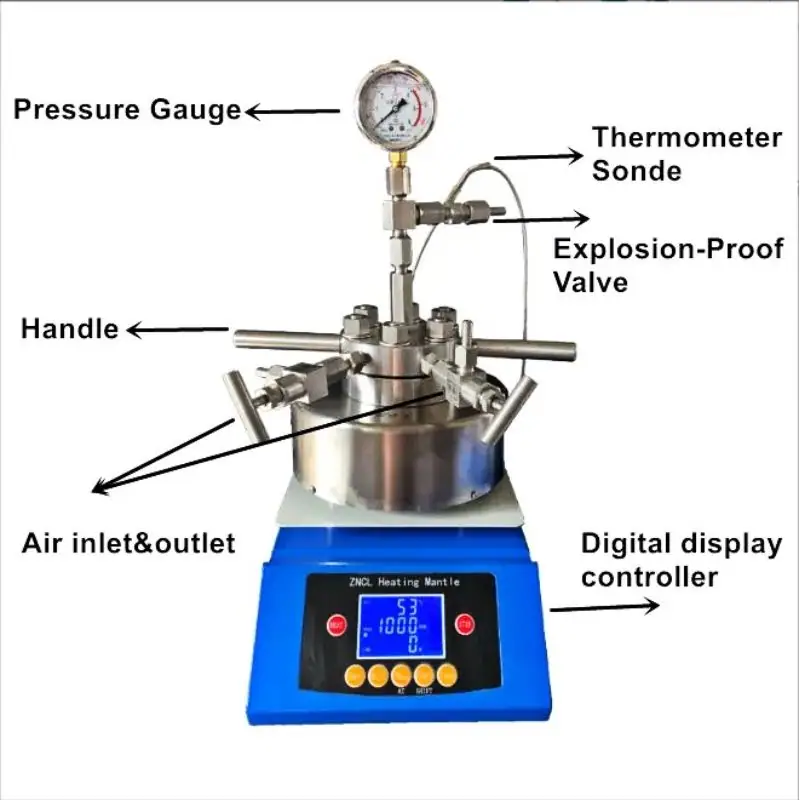
Key Components and Design Features of FCF Series High Pressure Reactor
Robust reactor vessel: Constructed from high-quality materials such as stainless steel, the vessel is engineered to withstand extreme pressures and temperatures.
Precise pressure control system: Our reactors are equipped with advanced pressure control mechanisms that allow for accurate regulation within the desired pressure range.
Enhanced safety features: Multiple safety measures, including relief valves, rupture discs, and interlocks, are integrated to protect both personnel and equipment from potential hazards.
Efficient stirring system: The reactors are equipped with state-of-the-art stirring systems that ensure uniform mixing and agitation of the reaction mixture, promoting optimal heat and mass transfer.
Advanced heating and cooling systems: Our reactors feature precise temperature control capabilities, enabling reactions to be conducted at specific temperature ranges.
Benefits and Advantages
Accelerated Reaction Rates and Enhanced Yields
High Pressure Reactors have proven to be instrumental in improving reaction kinetics and yields. By subjecting reactant molecules to higher pressures, collision frequency is increased, resulting in accelerated reaction rates. This, in turn, leads to higher product yields, improved selectivity, and reduced reaction times. Our High Pressure Reactors excel in optimizing these parameters, driving efficiency and productivity in industrial processes.
Versatile Reaction Space
One of the key advantages of High Pressure Reactors is the ability to create a unique reaction environment. By operating under high pressure and temperature conditions, our reactors open up new possibilities for the synthesis and exploration of novel materials, compounds, and chemical transformations. Researchers and scientists can delve into uncharted territories, fostering innovation and propelling industrial advancements.
Enhanced Solubility and Mass Transfer
High pressure facilitates improved solubility of gases, liquids, and solids in reaction mixtures. This is particularly advantageous for reactions involving poorly soluble substances, as it increases their availability for reaction, leading to improved conversion and product quality. Additionally, high pressure enhances mass transfer rates, enabling efficient transfer of reactants and products across phases, further enhancing reaction performance.
Energy and Cost Efficiency
High Pressure Reactors offer significant energy and cost efficiency advantages over conventional reactors. By operating at higher pressures, certain exothermic reactions can be carried out at lower temperatures, reducing energy requirements and minimizing unwanted side reactions. The enhanced reaction rates and yields achieved with high-pressure systems also contribute to cost savings by reducing raw material consumption and improving overall process efficiency.
Applications
Chemical and Petrochemical Industries
High Pressure Reactors find extensive applications in the chemical and petrochemical industries. They are utilized for various processes such as hydrogenation, oxidation, polymerization, and synthesis of fine chemicals. The ability to precisely control pressure and temperature parameters allows for tailored reaction pathways, resulting in the production of desired compounds with high purity and yield.
Pharmaceutical and Biotechnology
In the pharmaceutical and biotechnology industries, High Pressure Reactors play a crucial role in drug synthesis, catalysis, and process optimization. The controlled environment provided by these reactors ensures reproducibility and scalability of chemical processes, supporting the development of new drugs and pharmaceutical intermediates. High pressure conditions also facilitate the extraction of valuable compounds from natural sources, such as plant materials and microorganisms.
Material Science and Nanotechnology
High Pressure Reactors are widely employed in material science and nanotechnology research. They enable the synthesis of advanced materials, including nanoparticles, nanocomposites, and nanostructured materials. High pressure conditions can modify material properties, such as crystallinity, phase behavior, and surface reactivity, leading to the development of materials with enhanced mechanical, electrical, and catalytic properties.
Environmental and Energy Applications
High Pressure Reactors have significant implications in environmental and energy sectors. They are utilized in the production of alternative fuels, such as biodiesel and hydrogen, through processes like hydrocracking and reforming. High pressure conditions also facilitate the degradation and conversion of hazardous pollutants, contributing to environmental remediation. Furthermore, these reactors enable the efficient conversion of biomass into valuable chemicals and biofuels, supporting the transition to a sustainable future.
We take pride in offering industry-leading High Pressure Reactors that revolutionize industrial processes. Our cutting-edge reactors provide the perfect balance of reliability, safety, and precise control, ensuring optimal conditions for chemical reactions. Whether you are in the chemical, pharmaceutical, material science, or energy industry, our High Pressure Reactors offer the power and versatility to drive efficiency and productivity. Contact us today to discuss your specific requirements and experience the transformative capabilities of our state-of-the-art High Pressure Reactors.
Go back to homepage
View more about Pressure reactor on Wikipedia

